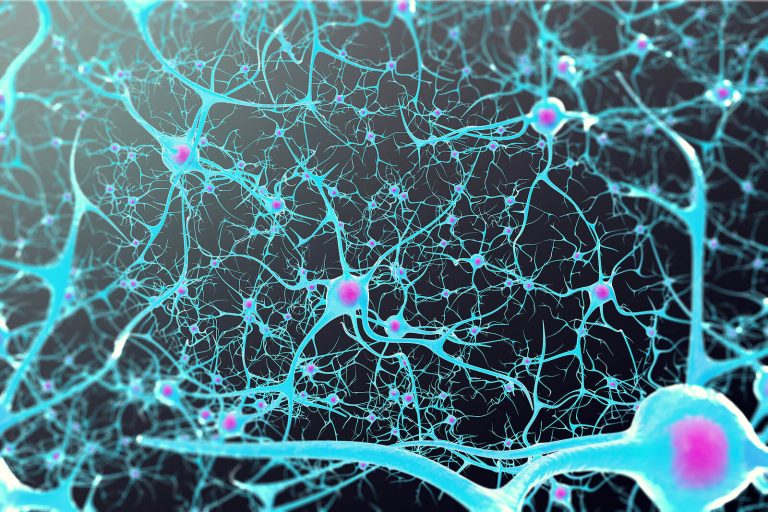Neurofeedback Effectively Treats ADHD
Is Neurofeedback a treatment that can help you? Read to to learn more about what neurofeedback can do! The research on the effectiveness of neurofeedback goes back over 30 years. Although it is well research, it just recently started to gain attention. It is currently rated as a Level One Intervention (as good as it gets) for ADHD by the American Academy of Pediatrics. In addition to ADHD there has been research on the effectiveness of neurofeedback for a variety of other brain based difficulties, including:
- Anxiety
- Depression
- Traumatic brain injury
- Seizures
- Autism
- Learning Disabilities
Neurofeedback is a safe, noninvasive way for people to learn to train their brains. For many people, the brain can improve itself and make possible the reduction or elimination of medication. Neurofeedback is a great treatment option for many people. It is especially fitting for those who want a natural noninvasive treatment option.
Before starting the process of training the brain it is important to get an understanding of what the issues are. The first step to beginning neurofeedback is to complete an interview detailing the client’s history and symptoms. At this time a Quantitative EGG (QEEG) is also completed. The QEEG takes about an hour to complete and provides a map of the brain’s functioning. During the QEEG the client wears a cap on his head and 19 sensors are attached to the top of the scalp.
The sensors 
Nothing goes into the body, but information is collected from the body. The client sits in a chair relaxed, alert, and still while the sensors are collecting the information. Part of the data is collected with eyes open and part of the data is collected with eyes closed.
After the QEEG is complete the information gathered is analyzed and run through a normative database. This allows the neurotherapist and client to see a brain map. It becomes clear how the difficulties the client has been experiencing directly relate to the way the brain is functioning. The brain map is used to guide treatment, thereby ensuring the best treatment possible.
Neurofeedback training is individualized based on the brain map and the difficulties that need to be resolved.
People typically come to complete their neurofeedback training 2 times per week. Visits last approximately 45 minutes, although the length of visit may vary depending on practitioner. During the neurofeedback session, sensors are once again placed on the scalp. The computer then reads 
The amount of sessions people need varies, with an average of 30 to 40 sessions to create the lasting change that people would like. Check out our website or give us a call at 720-583-9332 if you would like to learn more about how neurofeedback can help you. You can also get our free report and join our mailing list to learn more helpful mental health information. If you prefer Facebook, Like our FAcebook page!
Written By Dr. Steffanie Stecker
Call For a FREE Consultation
We serve the Denver Metro area of Colorado. Click the button below to call and Schedule an Initial Consultation. To Schedule Neurofeedback or Testing please call us at 720-248-8603
Recent Articles
Dispelling Neurofeedback Myths
Neurofeedback has become increasingly popular as a therapeutic tool for clients, but it remains misunderstood by many. Misconceptions about its…
Autism Testing for Adults: Why Diagnosis Still Matters
What is Autism? Autism is a neurological difference that impacts how one scales social interactions, interpersonal relationships, and experiences the…
The Intersectionality of Autism & LGBTQIA Throughout the Lifespan
If you have a child (of any age) who you think may be Autistic, has been diagnosed as Autistic, or…
Autism Diagnosis Support Guide: Interventions, Therapy, and Accommodations for All Ages
Understanding Your Diagnosis An Autism or other mental health diagnosis may be very overwhelming. Understanding a diagnosis can help lessen…






